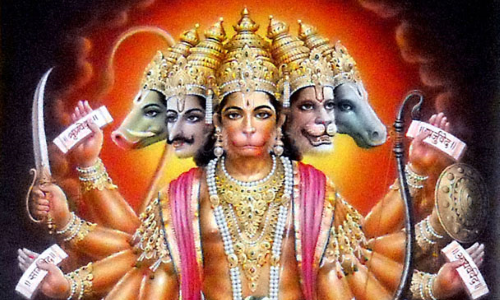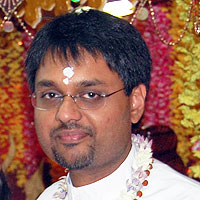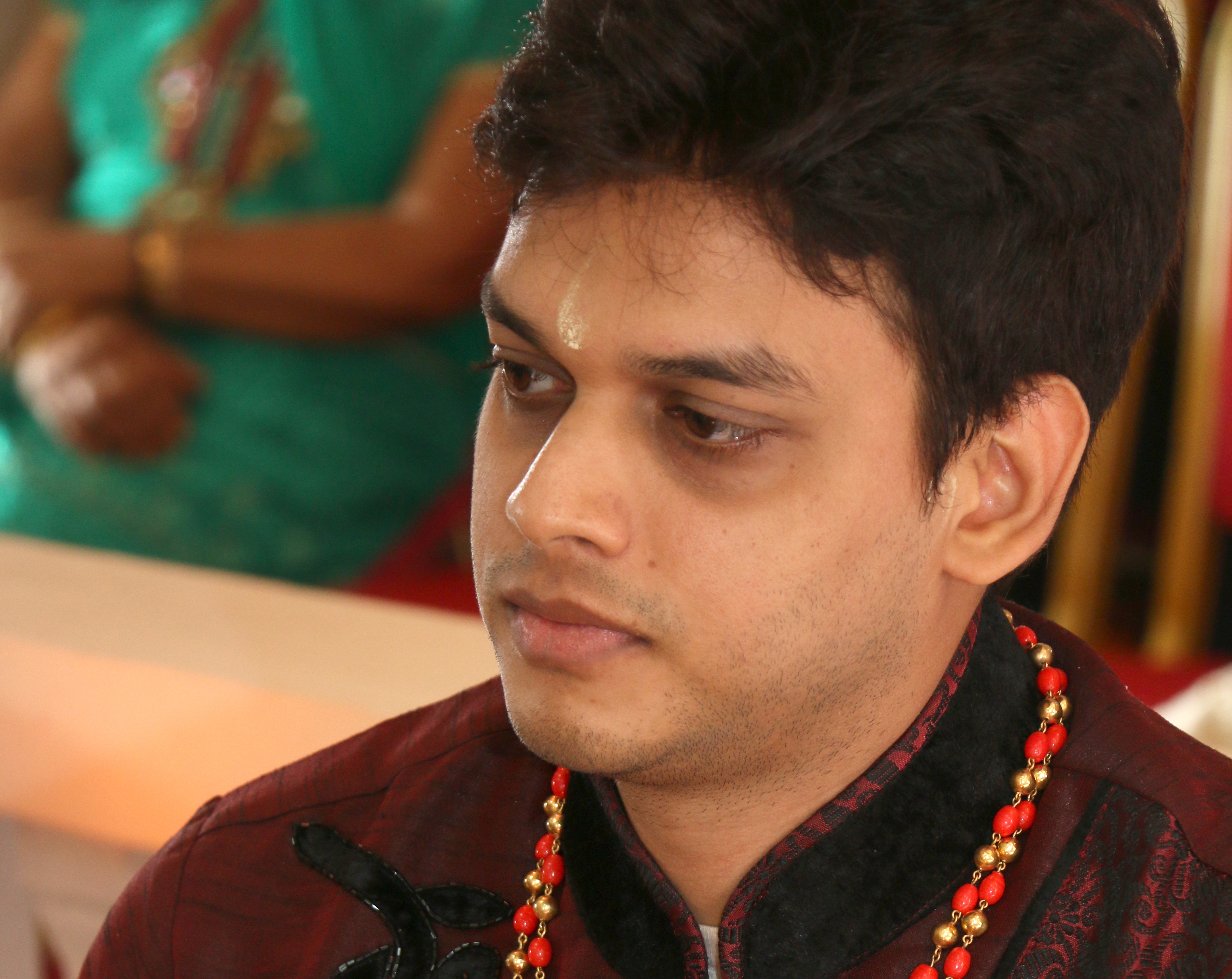If a tree falls in a forest and no one is there, does it make a sound?
Are you expecting an answer to this question? What do you think? This popular philosophical adage continues to be relevant for questioning the nature of reality; at least, the nature of a person’s reality, if it should become a feature of one’s personal reflection. In this case, it should, why not? The way we all live as human beings in this world is deeply rooted in a corrupted ideological mindset in which we fail to move beyond the restrictions of anthropocentric tendencies in thought and action. Asking this question creates for some a suffocating philosophical bubble, diminishing the value of a world beyond and above the nature of human perception and reality, a world where bio-egalitarianism exists, whether man perceives it or not.
The nature of perception for mankind is limited to our connection to the senses, which trigger and stimulate response mechanisms in order to live, breathe and function in the natural environment. Our perception of reality facilitates our understanding of the nature of reality whilst the nature of reality is not dependent on our perception of reality. In other words, there is a distinct difference between what we perceive as real and what is real. Paradoxically, we can ask ourselves, how do we know that a reality exists distinct from what we perceive as real?
This argument is easily digested when we listen and read the story of Hanuman Baba and his turmoil with the mala given to him by Sita Maa. Sita Maa gives Hanuman Baba the most expensive and precious gift in the final pages of the Ramcharitmanas. Hanuman Baba receives it with the love and consideration it was given; however his senses perceive the object as an illusion, an object that is not real, as he bites and breaks it apart and uses his physical strength to diminish its value. The onlookers, however, recognize the object differently through their false perception, as an object of great value. Hanuman is able to perceive the nature of reality by using his ‘divya dristhi’ (divine perception) and goes beyond the limitations of his five senses. In this case, Hanuman Baba had the last laugh. This simple incident delivers some sense of ease and comfort in the minds and hearts of those who wish to perceive reality. Reality is not personal, it is universal, it is infinite and without the awakened third eye, we can only speculate.
How to begin this process? How can one awaken in this physical limited body an understanding of the universe that is beyond their control and reality? The answer lies in the current trajectory of philosophical, cultural and literary studies where problematizing the relationship man shares with ‘animal Others’ allows for the process of ‘anthropodecentering’ oneself. This process is interestingly enough mentioned in the pages of the Ramcharitmanas where Valmiki, and subsequently Tulsidasji, writes on the intense relationship ‘Man’ shared with the rest of the world’s species, especially Ravan and his attitude to Hanuman and Angad.
Shree Ram’s attitude to the bears and monkeys is an apt example of how one must change one’s attitude in relation to all species in the environment. The solution to most of the world’s problems starts with the change humans must undergo to accept a reality bigger and distinct from themselves. It is the nature of perception, in which our senses and interpretations of collected data create the present divide between humans and other species. The argument therefore is not that humans are on top and are the best creation or most fortunate because of our brainpower; the argument should be that all species are of equal importance and value for the progression of our posthuman world, a world where maybe, just maybe, humans may not exist in the present form. So the answer to the question becomes clearer: it is necessary to change the understanding of oneself and one’s purpose, as change is the only thing that is constant. The perception of one’s reality is limited and restricted to the sensory inputs; however, an understanding of the nature of one’s reality as being limited is necessary for emerging from our false realities. On the upcoming occasion of Hanuman Jayanti, let Shree Hanuman’s sacrifice, vision and perception be our reminder as Hindus aspiring for perfection.
By Pt. Varishtha Persad
BA, MA, Pg. Dip. Ed (UWI)
TIII (English)
SWAHA Hindu College



